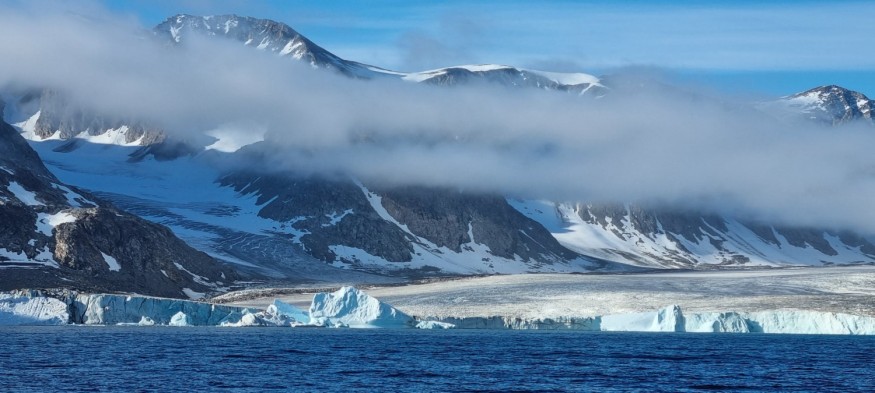
Experts recently discovered that the Antarctic's sea ice has been encountering a record low in the past months.
A CNN report said that while the Antarctic's sea ice had been dwindling to the lowest levels towards the end of February on a yearly basis, the sea ice was often observed to "build back up over the winter.
However, at present, this is not the case.
The report cited information from the National Snow and Ice Data Center (NSIDC), saying that the sea ice has not returned to anywhere near expected levels. It noted that the sea ice was at the lowest levels during this period of the year since records began 45 years ago.
Experts said that the ice was around 1.6 million square kilometers or 0.6 million square miles below the previous winter record low that was recorded last year.
Rare phenomenon
Scientists believed that what has transpired was an odd phenomenon as this only happens in a million of years.
Glaciologist Ted Scambos, who is working at the University of Colorado Boulder, pointed out that the game has already changed, saying that experts are currently digging the reason behind the phenomenon.
"There's no sense talking about the odds of it happening the way the system used to be, it's clearly telling us that the system has changed," Scambos said in a CNN report.
A report on The Guardian said the phenomenon could be the beginning of a global heating-linked collapse of the ice that could have adverse and alarming impacts.
Scientists underscored that the big challenge when it comes to understanding Antarctic's sea ice is the location. Usually, the sea ice is affected by winds, storms, air temperature, changes in ocean heat, saltiness as well as the different layers of ocean mix because of the fact that it is being surrounded by a vast ocean waters.
However, they cannot determine yet whether the changes in the sea ice are caused naturally or if these was human caused. According to research, there was some proof about the similar immediate shift from the high levels of sea ice to a record low, which was seen in photographs from the satellites in the 1960s.
Change in the environment
Walt Meier, who works as a senior research scientist at the National Snow and Ice Data Center in the University of Colorado said that sea ice is sensitive to warming temperatures or "the small change from just below to just above freezing temperatures.
"So, it is an early indicator of change in the environment," Meier told CNBC.
Will Hobbs, a physical oceanographer, said that for now, the only thing that is certain is that this type of phenomenon was already predicted by scientists, noting that what transpires give the public a glimpse of the fate of Antarctic.
Experts pointed out that as the trends in sea ice have persisted for a longer period, it could be clearly attributed to global warming.
For now, the lack of sea ice could have significant effects on wildlife, especially on the marine animals that rely on sea ice for feeding and resting.
Related Article : Climate Change May be Responsible for Rapid Growth of Antarctica's Two Flowering Plants
Related Video:
© 2025 NatureWorldNews.com All rights reserved. Do not reproduce without permission.





